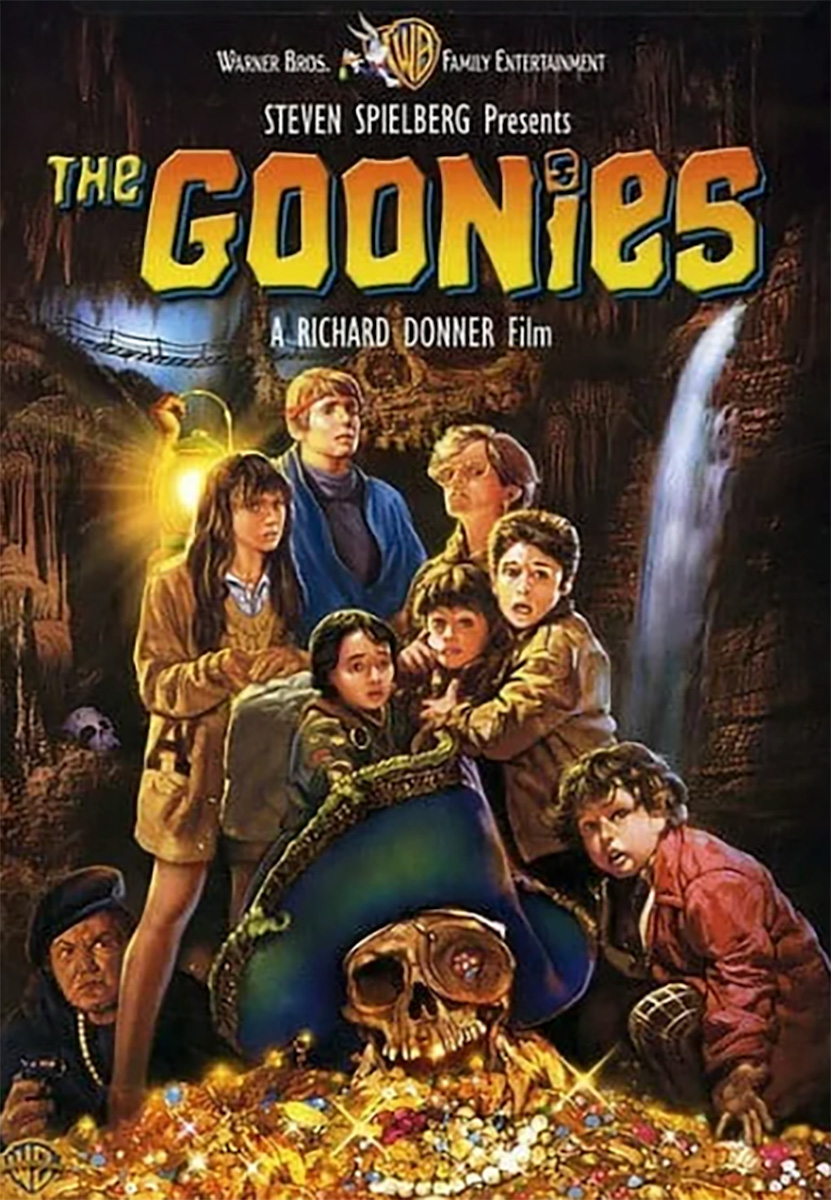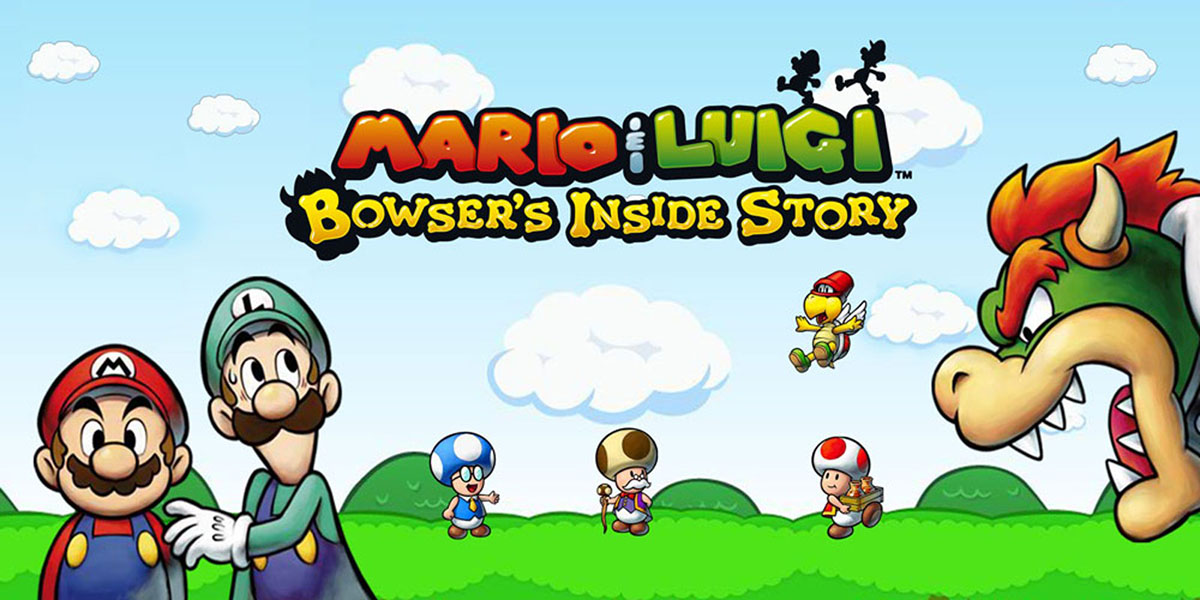When I grow up, or rather, when I graduate, I want to be a journalist. Ideally, I dream of covering politics. Like any future graduate, I know that I’ll be up against some steep competition. But, it won’t just be fellow journalism majors. It will be … competitors with no journalism background!
Sound scary? Maybe. And while I’m at it, I should be afraid of new media too! All of these things are out to ruin my life and steal print journalism skills away from me. I may never get a job.
Just kidding. I love new media as much as the next person.
The future of journalism is a pretty nebulous concept right now. No one knows where it’s going, and fear of the unknown is a pretty normal thing. And then, we start tossing words around like ‘citizen journalism.’ Yikes, right? But I’m not worried about reporters without a journalism degree. And neither should you.
I can see the lack of merit in a reporter who has no journalism training. They have no ethics or media law training, which most journalism students have. But, I don’t think it entirely outweighs the help and perspective of an ‘outsider.’
For example, look at The Spectator. We encourage all majors to write articles, columns and other materials. Those who do write are called “freelancers;” a journalism term for a reporter who doesn’t work for the organization, but provides content and tips. Technically, those non-majors are journalists, right? Those students also bring elements to the paper that the newspaper staff can’t do on their own.
Those freelancers don’t have the ethics training Spectator staffers have. But, we work with them to increase their experience in the profession and preserve the integrity of journalism.In the end, that’s what matters. We take on responsibility for them because they help us cover news that concerns our campus. We become a united front. Sometimes, they become some of the best reporters we have.
Why can’t media outlets do the same? The same thing happens in the ‘real world,’ too. Some of the world’s best reporters didn’t start out at a university with a journalism degree. Take Bob Woodward and The Washington Post, for example. He didn’t have his journalism degree when he applied to The Post, but worked to earn the experience necessary to obtain a position there. He since has become one of the best investigative reporters in history.
Media outlets simply need to be prepared to work with reporters. I know how idealistic that sounds. The thing we’re trying to save journalism, and none of us know the answer. We’re just pitching ideas. So, this is mine. One potential way to save journalism is to bring in non-journalism students because that also brings a fresh perspective into the field. The benefits can outweigh the cons of such a hire.
And yes, media outlets are busy, and there are smaller staffs, less money and a 24-hour news cycle to contend with. This can make this kind of training nearly impossible. But, that’s no reason not to try.
As a journalism student, I probably shouldn’t condone this. I mean, they could take my job, and they could certainly ruin people’s view of my profession if they forget their ethics or make a mistake.
But at any time, so could I. One fact error, one misquote, and all my training wouldn’t make me any different from them, except that I should have known better. Nothing could save me, or my beloved profession from the fallout.
We must appreciate our traditions. But, the industry is changing. Non-traditional media is starting to provide more and more news to consumers. It’s time that we try non-traditional methods of recruiting our reporters, too.

We should not let our fear hold us back. The only way to move into an uncertain future is to prepare ourselves, and step forward boldly. In the end, we must learn that a journalist’s integrity can be shared, regardless of background.
Even if it means that it will take me a little longer to find a job because of the competition.






